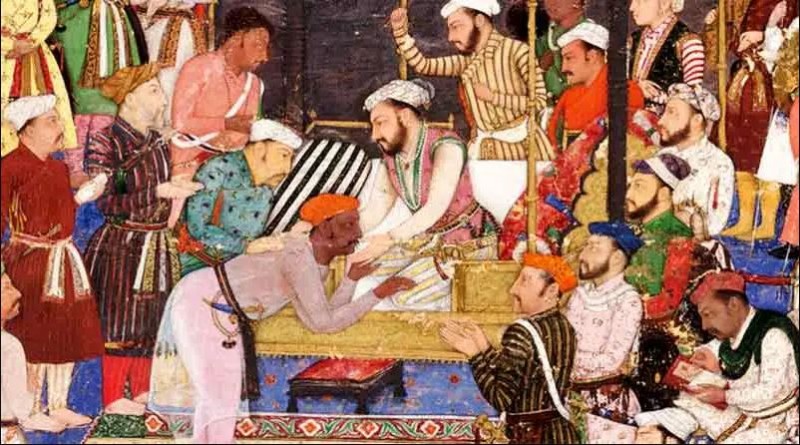
On September 2, 1573, a pivotal moment in Indian history unfolded as Akbar, the third ruler of the illustrious Mughal dynasty, achieved a resounding victory in the Battle of Ahmedabad. This monumental triumph not only demonstrated Akbar's military prowess but also marked a significant milestone in his ambitious campaign to expand the Mughal Empire's domain. The conquest of Gujarat, a region rich in trade and culture, solidified Akbar's status as a formidable ruler and set the stage for the further consolidation of his empire.
Background: Rise of Akbar and the Mughal Empire
Akbar ascended to the throne at a young age and faced the challenges of governing an empire that was still in the process of taking shape. His visionary approach to administration, diplomacy, and warfare played a crucial role in establishing the Mughal Empire as a dominant force in the Indian subcontinent. Akbar recognized the strategic importance of Gujarat due to its flourishing trade routes, economic prosperity, and potential military threats it posed to his empire.
The Prelude to Battle
The campaign for Gujarat was not initiated solely out of military ambitions but was driven by a series of factors. Gujarat had been ruled by the independent Sultanate of Gujarat, and its strategic location made it a coveted prize for any aspiring ruler. Akbar's predecessor, Emperor Humayun, had attempted to conquer Gujarat in the past, but his efforts had met with limited success. Akbar was determined to achieve what his forebears could not.
Akbar's preparations for the campaign were meticulous. He gathered a formidable army comprising not only Mughal soldiers but also Rajput allies, whose allegiance he had secured through strategic alliances and diplomatic finesse. This diverse army represented a harmonious blend of various cultures and military tactics, a hallmark of Akbar's administration.
The Battle of Ahmedabad
The Battle of Ahmedabad marked the climax of Akbar's campaign to capture Gujarat. Facing off against the powerful Muzaffarid Sultanate of Gujarat, Akbar's forces engaged in a fierce battle near the city of Ahmedabad. The Mughal army's disciplined organization and effective use of artillery gave them a distinct advantage over the Sultanate's forces. Akbar's keen understanding of battlefield dynamics and his ability to adapt his strategies in real-time proved to be instrumental in securing victory.
Aftermath and Legacy
The capture of Gujarat was not merely a territorial acquisition; it was a testament to Akbar's visionary leadership and administrative acumen. Akbar, known for his policy of religious tolerance and inclusivity, extended these principles to Gujarat, ensuring a relatively smooth transition of power. His decision to appoint capable administrators to oversee the region further facilitated the integration of Gujarat into the Mughal Empire.
The conquest of Gujarat had far-reaching implications. It bolstered the Mughal Empire's influence over trade routes, enriched its treasury, and extended its control over a crucial maritime region. Furthermore, Akbar's successful military campaigns earned him the respect and admiration of contemporaries and historians alike.
The Battle of Ahmedabad on September 2, 1573, was a turning point in Akbar's reign and a defining moment in Indian history. Through his strategic brilliance and military prowess, Akbar not only secured a decisive victory but also laid the foundation for a united and prosperous Mughal Empire. The conquest of Gujarat served as a testament to Akbar's exceptional leadership and his ability to shape history through his visionary policies and strategic endeavors.